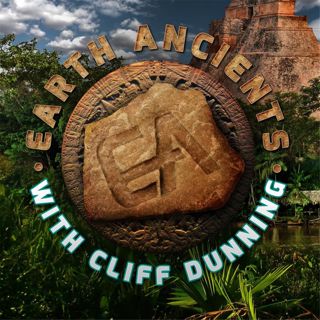This is Earth Ancient Premier podcast, the first in a series of weekly programs. Our first program features John Anthony West. John will highlight his work following the amazing redating of the Sphinx.Who is John Anthony West? Dr. Robert Schoch was the Geologist who examined the Egyptian Sphinx on the Giza Plateau, and later redated the rock body of the sculpture to a significantly older period. The inspiration and driving force behind the discovery was John Anthony West. West had studies the Sphinx, its enclosure and many of the regions buildings, and was convinced that the world's largest man-made sculpture was from an earlier pre-dynastic people. He was the driving force behind Schoch's work and others.In 1993 his work with Robert M. Schoch, a geologist and associate professor of natural science at the College of General Studies at Boston University was presented by Charlton Heston in a NBC special called “The Mystery of the Sphinx” that won West an News & Documentary Emmy Award for Best Research and a nomination for Best Documentary. The documentary contends that the main type of weathering evident on the Great Sphinx (pictured) and surrounding enclosure walls could only have been caused by prolonged and extensive rainfall during the time period from 10,000 to 5000 BCE and was carved out of limestone bedrock by an ancient advanced culture (such as the Heavy Neolithic Qaraoun culture).This challenged the conventional dating of the carving of the statue circa 2500 BCE. West suggested that the Sphinx may be over twice as old as originally determined, whereas Schoch made a more conservative determination of between 5000 and 7000 BCE.Become a supporter of this podcast: https://www.spreaker.com/podcast/earth-ancients--2790919/support.
8 Mars 20141h 12min
